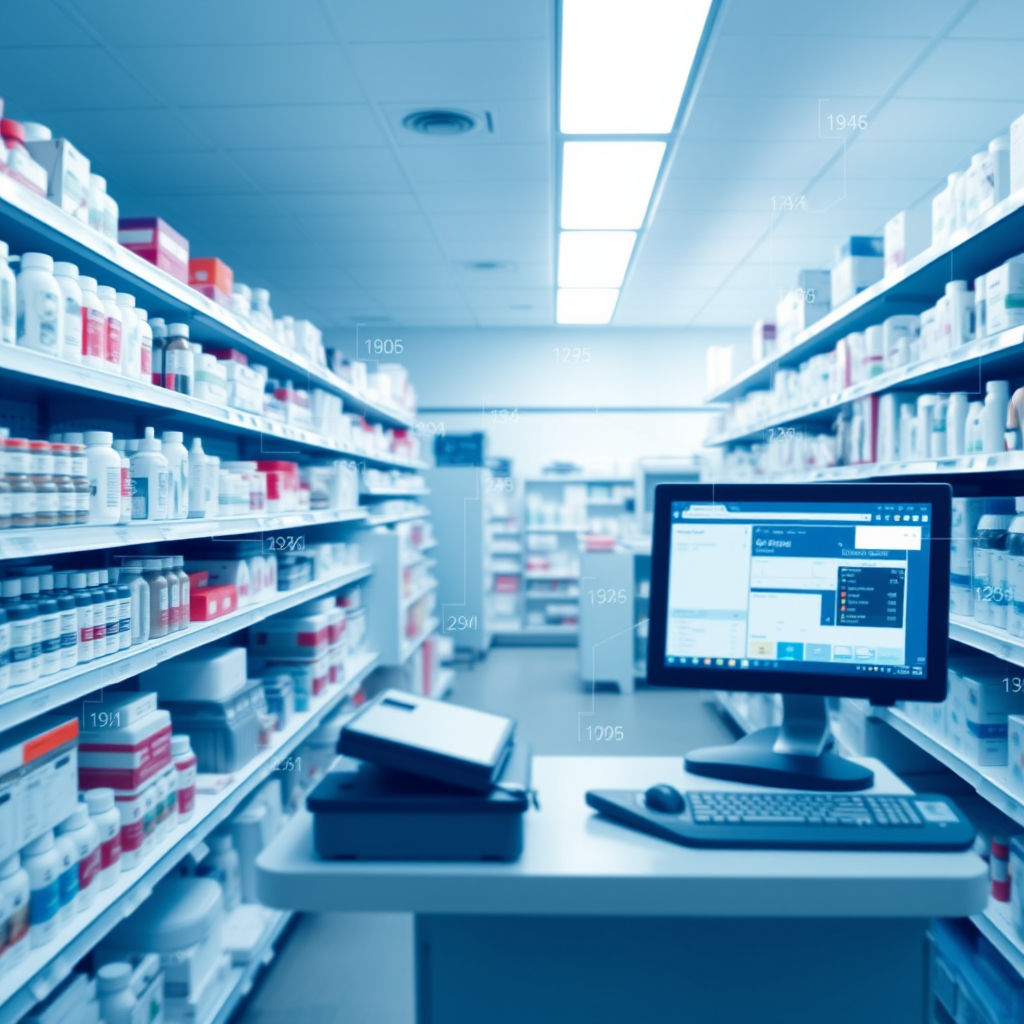
CALL OR MESSAGE US AT:
+91 63036 31576
Please WhatsApp your Prescription on the above number & We can Get it Ready for you
At MedAux
YOUR HEALTH IS OUR PRIORITY

Prostate Enlargement
An enlarged prostate means the prostate gland has grown bigger. Prostate enlargement happens to almost all men, as they get older. An enlarged prostate is often called benign prostatic hyperplasia (BPH) or benign prostatic hypertrophy. It is not cancer, and it does not raise a man's risk for prostate cancer.
The prostate is a small gland in the pelvis that is only found in men. It is located between the penis and the bladder, and surrounds the urethra (the tube that carries urine from the bladder to the penis). The main function of the prostate is to help with the production of semen. The prostate enlarges gradually after approximately 50 years of age. By the age of 70, about 8 in 10 men have an enlarged prostate.
CAUSE
The cause of Prostate Enlargement is unknown, but almost all experts agree that it is related to changes in hormone levels that occur in a man's body as a result of aging.
SIGNS AND SYMPTOMS
Symptoms can range from mild to severe. If symptoms become troublesome or distressing, medicines or surgery may help. If the prostate becomes enlarged, it can place pressure on the bladder and urethra. This can cause the following problems;
• Frequency (passing urine more often than normal). Getting up several times a night is a
common symptom and is called 'nocturia'.
• Poor Emptying. You may have a feeling of not quite emptying your bladder.
• Poor stream. The flow of urine is weaker, and it takes longer to empty your bladder.
• Hesitancy. You may have to wait at the toilet for a while before urine starts to flow.
• Dribbling. Some urine may trickle out and stain underpants soon after finishing at the toilet.
• Urgency. This means you have to get to the toilet quickly when you 'need to go'.
• Straining to urinate.
TREATMENT OPTIONS
As with all medical condition it is advisable to consult your Doctor for an accurate diagnosis and treatment. Your Doctor may examine your prostate to check its size. This is done by your Doctor placing a gloved finger inside your anus to feel the prostate from behind. A urine and blood test may be done to check the function of your kidneys, and to rule out other causes of passing urine frequently (such as diabetes or a urine infection). A referral to a bladder specialist (urologist) may be advised if symptoms are severe, or if complications develop.
If symptoms are mild, no treatment may be required. Symptoms do not always become worse and they may improve with time. If symptoms are severe, medication is available to help improve urination and decrease the size of the prostate gland. If lifestyle changes and medication do not relieve symptoms, surgery to remove part of the prostate gland may be an option. Your Doctor can discuss the procedure and potential risks with you.
LIFESTYLE CHANGES
The following suggestions may help to relieve the symptoms of Enlarged Prostate;
•Avoid drinking large amounts of fluid 2 to 3 hours before going out or going to bed.
However, do not reduce the total amount of fluid that you would normally drink each day.
•Ensure your bladder is emptied completely. After you have finished passing urine, go back to the toilet again after a few minutes to try and pass some more. (This is called double micturition.)
•Consider reducing or stopping caffeine (found in tea, coffee, and some cola drinks, etc) and alcohol. These can worsen the symptoms of frequency, urgency, and nocturia.
•If hesitancy is a problem, try to relax when starting to pass urine. For example, try deep breathing exercises.
•If urgency is a problem, try some distraction techniques such as breathing exercises and mental tricks (for example, counting) to take your mind off the bladder.
•If frequency is a problem, try retraining the bladder to hold more fluid by 'holding on' for as long as you can each time before passing urine. Eventually, the bladder may be trained to hold on for longer each time before you need to go to the toilet.
VITAMINS/MINERALS/HERBS
•Zinc is one of key nutrients for the health of the prostate gland in men. Some evidence indicates that it may not only reduce an enlarged prostate but also actually relieve symptoms of benign prostatic hyperplasia (BPH).
•Essential fatty acids such as Flaxseed oil may prevent swelling and inflammation of an enlarged prostate gland.
•Saw Palmetto is thought to be beneficial in the early stages of BPH and it can reduce swelling and inflammation of the prostrate gland.
•Nettle root contains phytosterols that can relieve the symptoms of BPH. Nettle root can block the action of growth hormone on the prostate and assist in restoring normal urine flow.
PHARMACIST'S ADVICE
Ask your MedAux Pharmacist for advice.
1. Follow the Diet Hints.
2. Ask your Pharmacist for suggestions to help stop smoking.
3. Avoid stress as much as possible.
4. Optimize fluid intake. It is a tempting to restrict fluid intake to avoid frequent urination, however this is the wrong approach. Restricting fluids will not allow the bladder to stretch and muscle tone may be lost.
5. Avoid drinking tea, coffee and cola drinks as these contain caffeine, which stimulate the body to release more fluid.
6. Have regular exercise. Swimming and walking for half an hour daily is recommended. See your Doctor for a check-up before starting an exercise program.
7. Ask your Pharmacist about managing constipation. Constipation can cause straining which puts extra pressure on the bladder and prostate. Water, regular exercise and a high fiber diet may help to prevent constipation.
